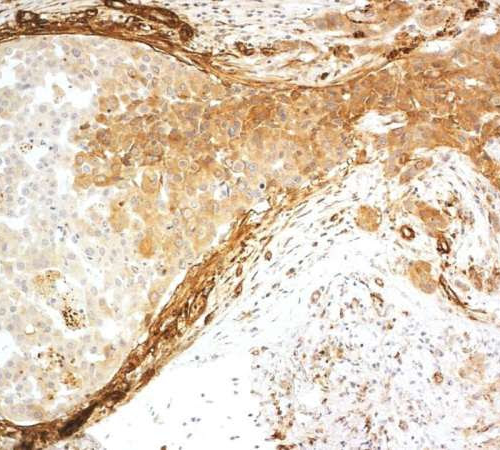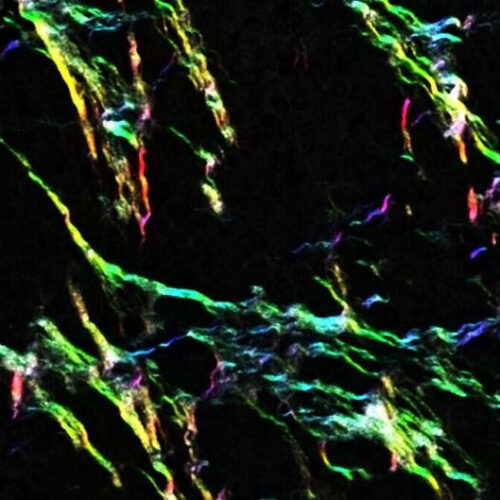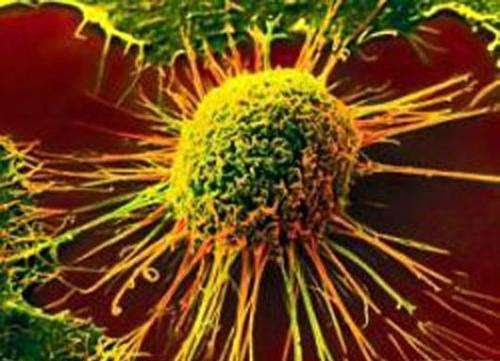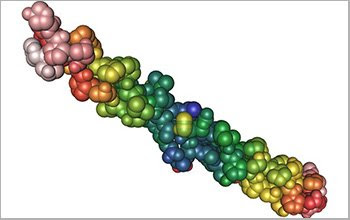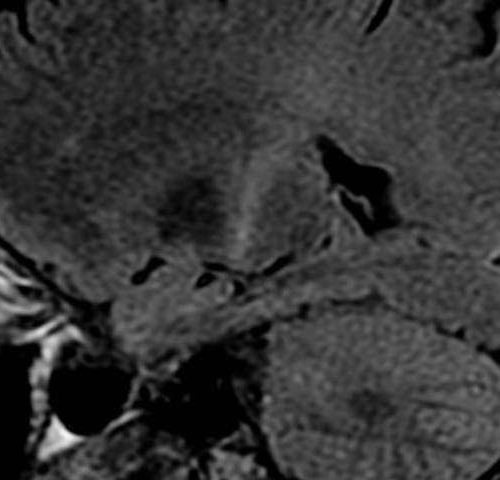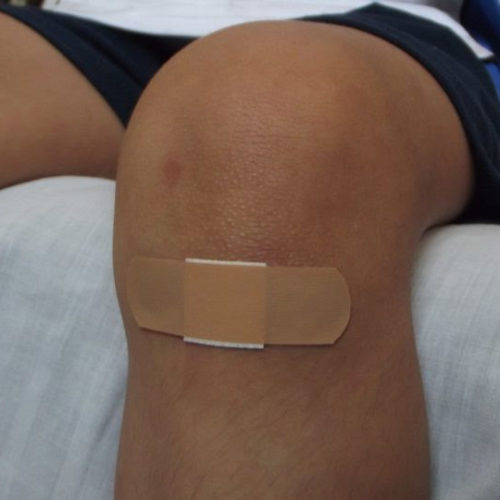by Okayama University Axolotl is an animal model widely used in dermatology research due to its transparent ‘glass skin.’ A study by researchers from Okayama University, Japan, discovered that healthy collagen fibers, which maintain good skin texture and appearance, are produced by the outer skin cells called keratinocytes rather than the support cells called fibroblasts that...
Tag: <span>Collagen</span>
Does collagen really help fight wrinkles and aging? Dermatologist explains
October 2, 2024 by Abby Smith, Mayo Clinic Collagen has been seen in the media in regard to having anti-aging properties. At least 30% of the body—skin, bones, tendons, organs—is made up of collagen. Collagen is a protein of the supportive tissue of the skin, which helps give it its tightness and suppleness. As collagen...
COLLAGEN COULD SPARE DIABETIC DOGS AND PEOPLE DAILY SHOTS
POSTED BY KAYLA WILES-PURDUE INDIANA UNIVERSITY, PURDUE UNIVERSITY A collagen formulation mixed with pancreatic cells is the first minimally invasive therapy to successfully reverse type 1 diabetes within 24 hours and maintain insulin independence for at least 90 days, a pre-clinical animal study shows. The findings suggest that people and dogs with type 1 diabetes...
Significant discovery in breast cancer research: Inhibiting collagen XVIII function weakens cancer cells
by University of Oulu A microscopic image of a breast cancer sample, in which collagen XVIII is stained in brown within the cancer cells spreading into the surrounding tissue and in the blood vessels bordering the tumor nest. Credit: Devarajan et al. J Clin Invest 133(18):e159181, 2023Researchers at the University of Oulu have made a discovery...
Collagen a key player in breast cancer metastasis
by Garvan Institute of Medical Research Collagen fibers running through a cancer tumor, created using a multiphoton microscope. The coloring is a visual representation of how collagen fibers are organized. Changing levels of collagen XII alters this organization; increasing collagen XII produces collagen fibers that are thicker and more aligned. Credit: Matrix and Metastasis Lab,...
Collagen plays protective role during pancreatic cancer development
by University of Texas M. D. Anderson Cancer Center Contrary to long-held beliefs, Type I collagen produced by cancer-associated fibroblasts does not promote cancer development but instead plays a protective role in controlling pancreatic cancer progression, reports a new study from researchers at The University of Texas MD Anderson Cancer Center. This new understanding supports novel therapeutic approaches...
Chemists invent shape-shifting nanomaterial
Chemists have developed a nanomaterial they can trigger to shape-shift — from flat sheets to tubes and back to sheets again — in a controllable fashion. The Journal of the American Chemical Society published a description of the nanomaterial, which was developed at Emory University and holds the potential for a range of biomedical applications, from controlled-release drug delivery...
Protein study may be key to treating fibrotic diseases
by Bill Snyder, Vanderbilt University An MRI with increased signal in the posterior part of the internal capsule which can be tracked to the motor cortex consistent with the diagnosis of ALS. Credit: Frank Gaillard/Wikipedia A protein linked to amyotrophic lateral sclerosis (ALS), a progressive neurological disease that causes muscle weakness, may be a key...
Researchers uncover how cells interact with supporting proteins to heal wounds
When we get a wound on our skin, the cells in our bodies quickly mobilize to repair it. While it has been known how cells heal wounds and how scars form, a team led by researchers from Washington University in St. Louis has determined for the first time how the process begins, which may provide...
Collagen in your coffee? A scientist says forget it
by Brooke Russell, The Conversation Collagen products are popping up everywhere. While collagen is probably most well known for its touted skin care benefits and as a major component of lip enhancers and injections, some celebrities, like Kourtney Kardashian, are suggesting that people drink it. Products derived from collagen are not just in skin creams...

